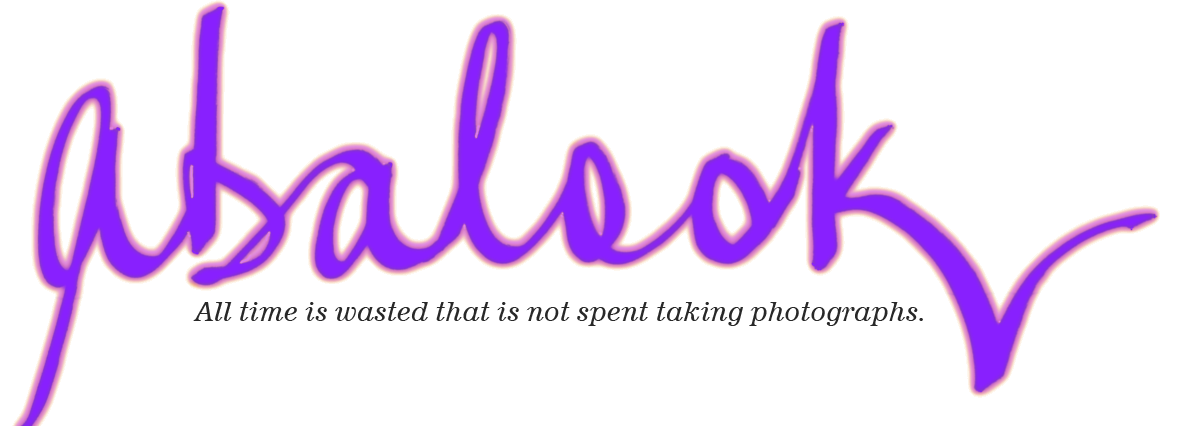Morawa Scene: Article 04—The Ledger
This is my fourth article from the Morawa Scene.
As a general rule I publish these articles here about two weeks after they appear in the Morawa Scene.
For those that want to see the article in the layout that it was published then you can click on the image provided. Otherwise the content below the ruling is exactly the same as that in the layout image.
The previous article “Why Morawa?” is here.
Observant readers of my articles might have noticed that with each new article I add a bit more to the P. H. Lodge & Sons banner. In this article I have added “GENERAL STORE KEEPERS”.
Part of the fun in doing these articles is trawling through Trove and other sources trying to find and confirm dates and names. While these stories I am cobbling together—usually relating in some way to P. H Lodge & Sons—are from old recollections I do like to try and get dates, names, and locations as close to correct as possible.
For most of the time that the businesses of P. H. Lodge and then P. H. Lodge & Sons existed in Morawa there was no such thing as credit cards and no EFTPOS. To pay for your purchases you either needed cash or you could write a cheque if the merchant was happy to accept your cheque.
Bankcard, the first credit card introduced into Australia and which was supported by the then nine major banks of the time, did not come into use until October 1975.
If you were not paying cash for your goods then typically a ‘docket’ would be written out by hand in a docket book. If you were paying cash then you could, if you required one, request that a receipt be provided. In which case a manual receipt would be hand written in the receipt book and the purchaser’s copy was torn out and provided to them.
Both docket books and receipt books created a carbon copy record for the merchant to retain.
In many cases customers—in particular, but not only, farmers—were unable to pay their account until ‘after harvest’; or until some such other time when they were expecting funds to become available. In such cases these customers were carried ‘on the books’. This meant that at the end of each month their routine purchases of groceries and goods would be entered into the ledger. Then monthly statements of the money they owed would be written up from the records into the ledger and sent to them.
I can very clearly remember my mother at the kitchen table each month doing up the statements and putting those that were to be mailed into clear-face envelopes. But before she could do the monthly statements she first had to enter the month’s dockets into the ledger.
It was a a lot of work and often took up most of a weekend to finish. Back then there were a lot of farmers and other businesses ‘on the books’.
It was not uncommon for many customers of P. H. Lodge & Sons to be months, and in some cases years, overdue in squaring up their account—i.e., paying off what they owed.
During this time P. H. Lodge & Sons would carry them on the books, sometimes for more than a year, without any interest being charged or any other penalty being applied.
Obviously banks would not have applied the same level of generosity had P. H. Lodge & Sons needed to borrow money from them in order to get through these times. However, it is my understanding from my father, and he was quite proud of this, that P. H. Lodge & Sons never had to go to the banks for a loan.
I can recall my dad mentioning on more than one occasion that at one stage the shop had over ₤2,000 ‘on the books’. Using the RBA* calculator that would work out to $218,827 in today’s dollars. Almost a quarter of a million dollars!
I have included a picture of the actual ledger of P. H. Lodge & Sons which is now very close to 100 years old.
When my dad passed I just managed to save this amazing and almost mythical relic of the past from being chucked in the bin by my sister. My sister had—she has passed now—somewhat of a reputation for chucking out things that had no immediate use anymore.
It is kind of sad that when the shop ledger was closed off circa 1971 it was all in dollars and cents. Obviously for most of its life the entries were all in LSD (i.e., pounds, shillings, and pence) but as much as I wish I had them I fear that those pages are long gone.
The next and fifth article in this series is here.



